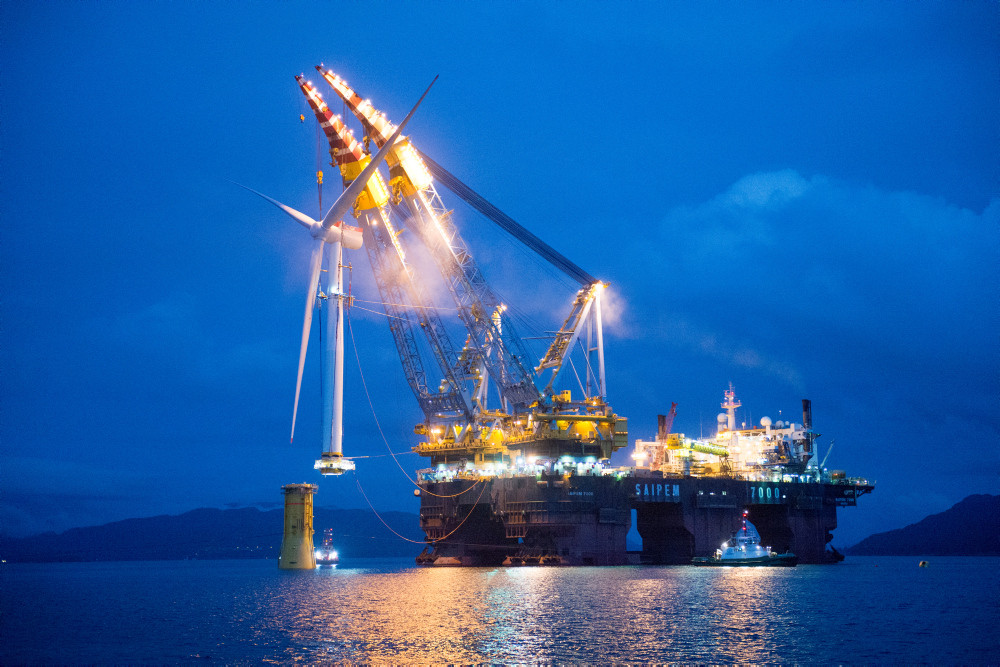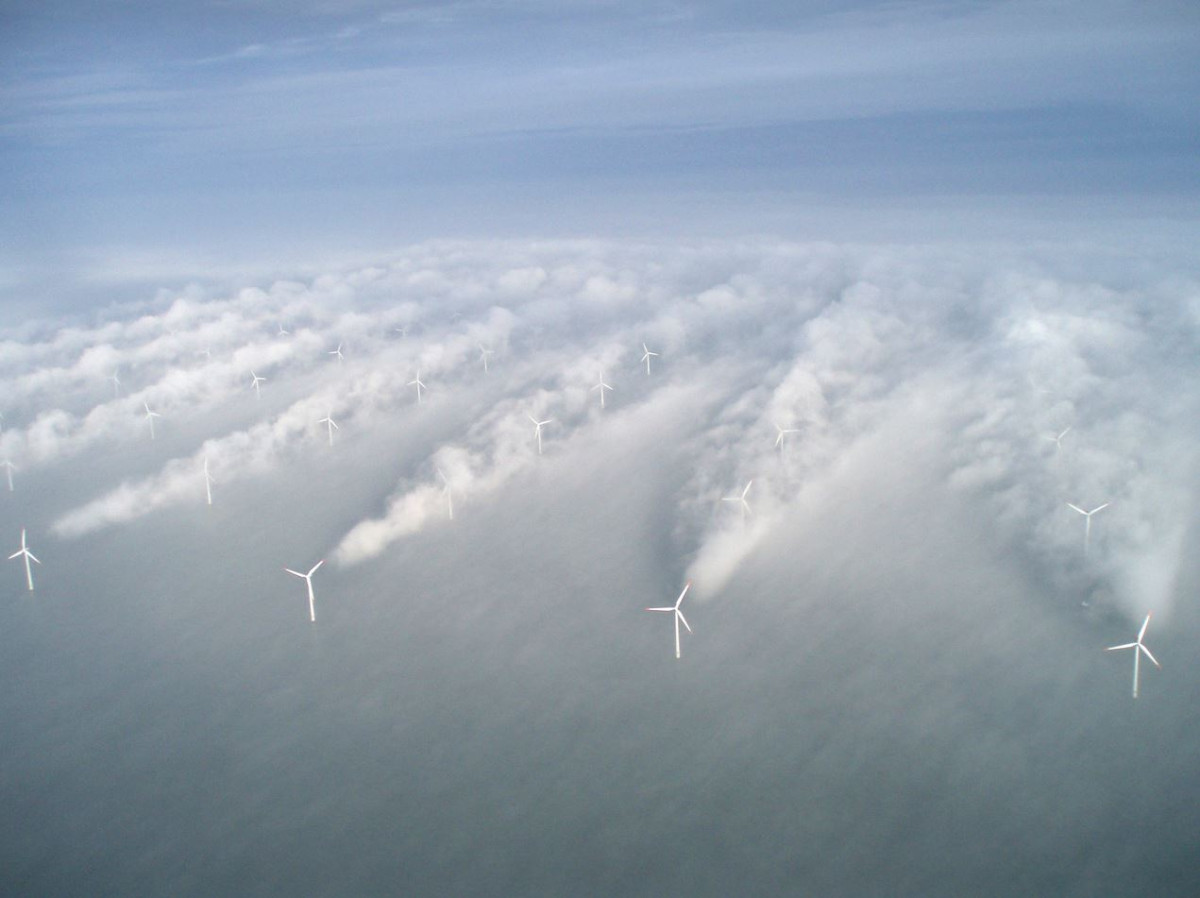Oil majors pay €13-bln entry fee in “quantum leap” for offshore wind energy
Multinational oil companies BP and TotalEnergies emerged as winners in Germany’s latest auction for the right to build offshore wind farms in the North and Baltic seas. The companies, which are headquartered in the UK and France, bid a combined 12.6 billion euros to construct turbines with a total capacity of 7 gigawatts (GW), roughly equivalent to 7 large conventional power stations, and almost equalling the country’s entire existing offshore capacity.
"The results confirm the attractiveness of investing in offshore wind energy in Germany," said the head of Germany’s grid agency, Klaus Müller. "Competition in offshore wind power has never been so high.”
Müller added the results are a key step towards achieving Germany’s target to increase offshore wind power to 30 GW by 2030 – from around 8 GW installed today.
The auction marks the first time that investors pay for the right to build offshore wind parks in Germany. Three of the auctioned sites – each for building 2 GW of turbine capacity – are located around 120 km northwest of the island of Heligoland in the North Sea, and one with 1 GW lies in the Baltic Sea, some 25 km off the island of Ruegen.
Environmental NGO Environmental Action Germany (DUH) called the result a “quantum leap” for offshore wind energy. “Wind power at sea is now so economically attractive that project developers are outbidding each other for access to marine areas,” said DUH executive director Sascha Müller-Kraenner. “The fairy tale of expensive green electricity is thus finally off the table.”
The cost of constructing new offshore wind farms has fallen markedly in recent years, making the reliable technology one of the most profitable renewable power sources on the market. Germany plans to greatly increase its offshore capacity in a bid to reach its ambitious renewable power share target of 80 percent by the end of the decade.

"The sums are obscene"
German offshore industry representatives said the prices paid by the oil companies were excessive, and could end up stifling competition. "The sums are obscene," an industry source, who was part of a non-successful bid, told business daily Handelsblatt. It also reported that German utilities RWE and EnBW, Danish Orsted, and French EdF all submitted bids.
Industry experts said the results reflected increasing market pressure, as well as strong industry demand for green power - switching to renewables is a central component of companies’ decarbonisation plans. "It is not surprising that applicants are bidding money to win the bid. But the level of bids is quite remarkable," Dirk Briese from the consultancy Wind Research told Handelsblatt. "The bidders know that electricity from green sources can be marketed very well and increasingly better in the future."
BP said it would consume part of the electricity produced by the wind farms itself, for example in refineries, for hydrogen production, as well as the company's e-car charging network, with the remainder going directly to industrial customers via so-called "Power Purchase Agreements" (PPAs).
Some experts and offshore industry representatives warned that investors will recoup their massive entrance fee by selling the electricity for a correspondingly high price, regardless of low generation costs. This could counteract efforts to lower power prices for industry by the government, which is currently weighing a plan to subsidise industry electricity to boost companies’ international competitiveness.
“The price is likely to be around ten cents [per kilowatt-hour] rather than the five cents the German government hopes to arrive at with the energy transition in the medium term,” wrote Steven Hanke in energy newsletter Tagesspiegel Background.
Proponents of the new auction procedure counter that 90 per cent of the 12.6 billion euros are to go towards lowering electricity costs by cutting grid fees, with the remainder to be spent on marine environment protection and sustainable fishing.
No breathing space for offshore wind industry?
The German engineering federation VDMA said the auction result proved that offshore wind can contribute significantly to lowering generation costs. But it added that the government made a mistake by sticking to the bidding procedure because it didn’t leave enough breathing space for the offshore industry. “Because in order to achieve the expansion targets in Germany and Europe, we need further investment in product innovations, in the scaling of production capacities, and in transport equipment and infrastructures.”
The German Foundation Offshore Wind Energy also said the auction design favoured market concentration to a few giant players with huge resources at their disposal. Director Karina Würtz said she “generally welcomed” the entry of the large oil and gas companies with their know-how and financial strength into the German offshore wind market, reported Tagesspiegel Background. But with a view to next year’s tender, she added: “If the auction design has not been revised by then, there is a danger of an oligopoly in the German offshore wind market, as the bidding levels and the already large project realisation risks can now only be shouldered and borne by a small group of companies."


